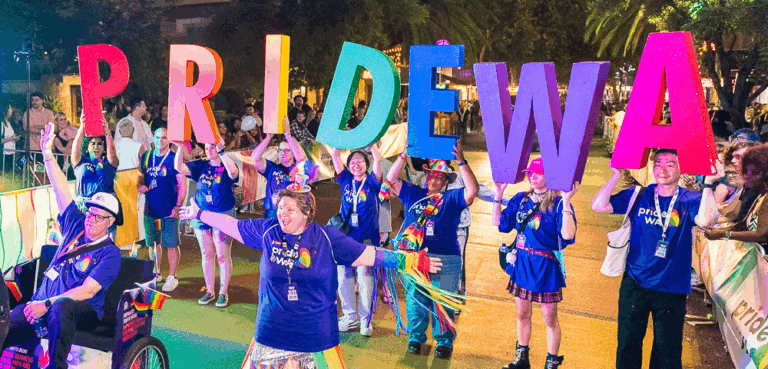
The LGBTI stories that shaped 2014
COMPILED BY BENJAMIN RILEY, DAVID ALEXANDER AND ELIAS JAHSHAN
The museum and the flag
ONE of the biggest social media and community debates of 2014 was regarding the need for a permanent LGBTI museum in Sydney.
After the success of the pop-up LGBTI museum organised by Mardi Gras in 2013, Sydney Liberal councillor Christine Forster said there was support for a permanent, non-alcoholic LGBTI presence in the city’s Oxford St precinct.
San Francisco and Berlin are the only other cities with permanent LGBTI museums.
In response to Forster, whose idea was supported by Labor councillor Linda Scott, just before Mardi Gras Lord Mayor Clover Moore announced a rainbow flag would fly over Taylor Square until a permanent LGBTI memorial artwork was installed in 2018 — in time for the 40th anniversary of Mardi Gras.
A few weeks later, council rejected a motion by Forster to conduct a business plan into the viability of a similar museum for Sydney.
The six-story high, 6.4m by 3.2m rainbow flag was eventually raised to quiet fanfare in October.

Expungement reforms
NSW and Victoria became the first Australian states to legislate the expungement of historical convictions of consensual gay conduct.
In October, Victorian Parliament passed the historical gay sex convictions expungement bill, with bipartisan support. Soon afterwards NSW Parliament passed a similar bill, also with unanimous support.
The new laws establish schemes enabling people convicted of consensual homosexual conduct — prior to the decriminalisation of homosexuality in 1981 for Victoria and 1984 for NSW — to have their records expunged. It will also cover convictions under NSW’s unequal age of consent laws, which were in place until 2003.
The gay and lesbian rights lobbies of Victoria and NSW welcomed the reforms.
Meanwhile, moves were afoot to introduce similar legislation in Queensland to expunge convictions prior to the state’s decriminalisation of homosexuality in 1991, and Tasmania’s Anti-Discrimination Commission office began seeking submissions on a discussion paper regarding convictions for consensual sexual activity between adult males.
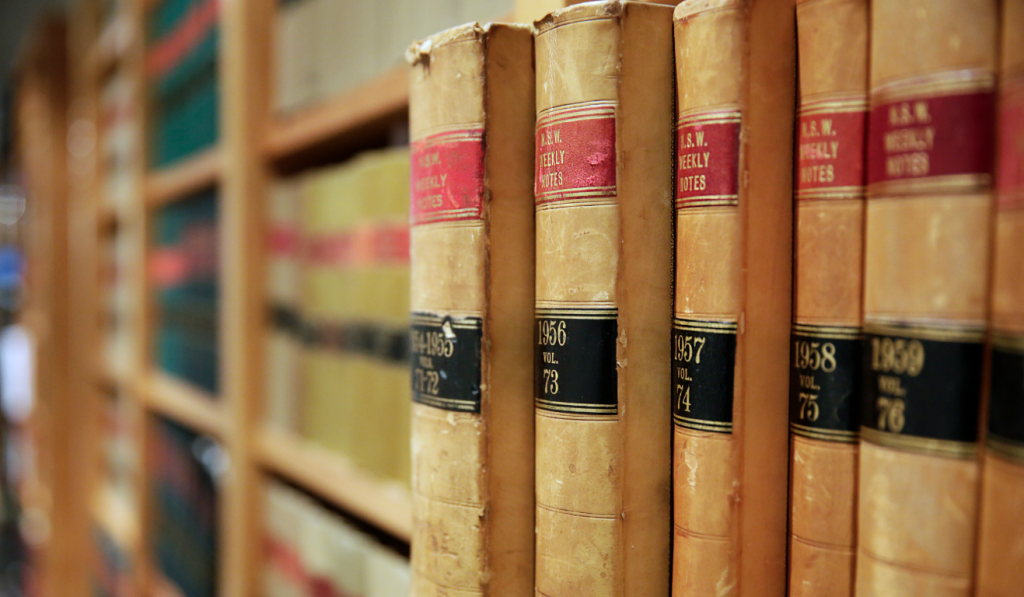
“I do” at UK consulates
IN June, UK consulates around Australia began opening their doors to allow Australian same-sex couples to marry. However, those marriages would not be recognised under Australian law once the couples left the consulates.
The change came about after the Federal Government confirmed it would not block same-sex marriages from occurring at the UK’s consulates in Australia after it was legislated in England and Wales.
At least one half of the couple had to be have UK citizenship in order to marry at the UK consulates.
In late November, NSW Liberal Democrat Senator David Leyonhjelm introduced his Freedom to Marry bill to Federal Parliament, with the aim to prompt the Coalition to decide in favour of a conscience vote.
Openly-gay MPs list grows
NSW upper house Liberal MP Don Harwin publicly came out as gay in a speech he presented in State Parliament’s last sitting in November.
Harwin, who up until then had only been out to family, friends, and colleagues for almost 20 years, attributed his parliamentary career to the determination he derived from personal struggles.
His coming out sees him join Coogee state Liberal MP Bruce Notley-Smith, upper house Labor MPs Penny Sharpe and Helen Westwood, and Sydney state independent MP Alex Greenwich as NSW Parliament’s openly-gay MPs, along with South Australian Labor Senator Penny Wong at a federal level.
In the ACT, at the time of print Deputy Chief Minister Andrew Barr was poised to become the Australia’s first-ever openly-gay leader of a state or territory after the resignation of Chief Minister Katy Gallagher.
Meanwhile in the November 29 Victorian state election, Labor’s Harriet Shing won a seat in the upper house of Victorian Parliament, making her the first out lesbian parliamentarian for the state. Also at the time of print, the results for the LGBTI-centric Prahran electorate were not yet finalised, which were to determine if Labor candidate Neil Pharaoh would become Victoria’s first openly-gay lower house MP.
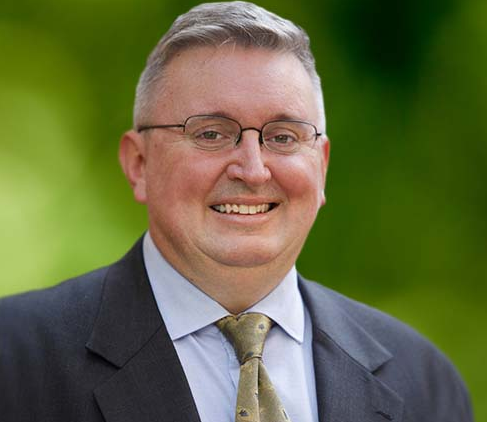
Bingham Cup success
THE Bingham Cup gay rugby union world tournament came to Australia for the first time in August, with thousands converging on Sydney as it hosted the event to critical acclaim.
Thirty teams from around the world competed in the tournament, which is held every two years and named in honour of Mark Bingham, a US gay rugby player who died during 9/11.
Three Australian teams took part: Melbourne Chargers, Brisbane Hustlers and Sydney Convicts. The Convicts entered the tournament as favourites, eventually winning their fourth Bingham Cup title after a 31-0 defeat over the Brisbane Chargers in the grand final.
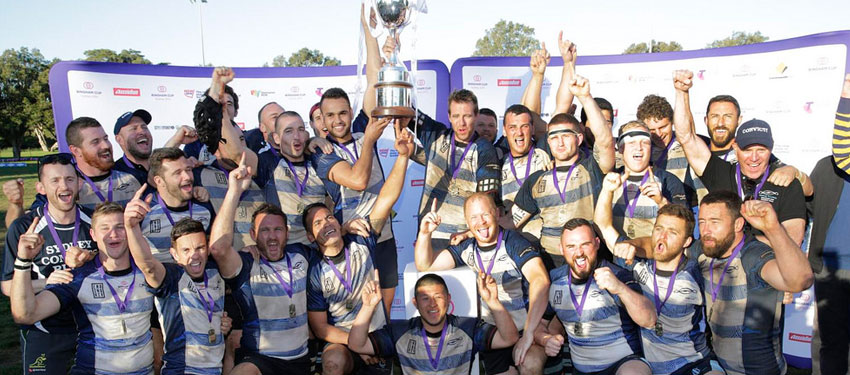
NSW law reforms
NSW enjoyed a few LGBTI law reform this year, with the removal of the “gay panic” defence being one of them.
The reform meant the “gay panic” defence could no longer be used, such as having murder charges against an accused downgraded to manslaughter by claiming an unwelcome, non-violent sexual advance from a person of the same sex.
State Parliament approved the amendment to the Crimes Act in March, after years of campaigning and a Legislative Council committee — led by Christian Democrats upper house MP Fred Nile — recommending the defence be removed.
Meanwhile, in November legislation was passed to allow same-sex couples in NSW who married overseas to have their marital status recognised under the NSW Relationships Register.
The reforms came about after Sydney state independent MP Alex Greenwich won government support for his Relationships Register Amendment (Recognition of Same-sex and Gender-diverse Relationships) Bill.
Same-sex couples who married in countries where gay marriage is legal can now reflect their marital status on relevant forms, and they no longer have to declare they’re “not married”.
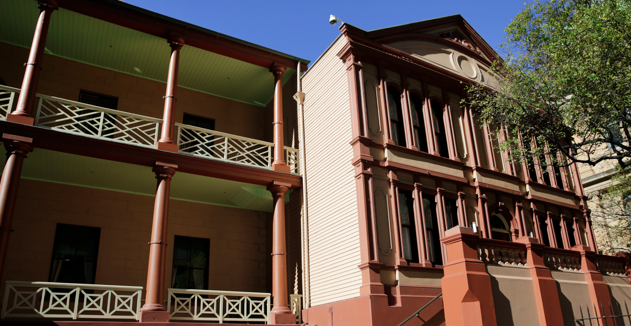
Visa campaign goes global
THE life of a Pakistani-born Brisbane gay man was thrown into chaos after his application for a partnership visa was rejected by the Immigration Department.
Ali Choudhry was informed that, despite being in a committed four-year relationship, he would be required to relocate back to Pakistan — where gay men can face capital punishment.
After a wide-reaching social media campaign and online petition — which even caught the attention of gay celebrity George Takei — Choudhry won a reprieve from his deportation in January.
Choudhry and his partner, Brisbane neuroscientist Matthew Hynd, now await the outcome of a Migration Review Tribunal review of their appeal.
The couple believes the Immigration Department had ignored that they had entered into a civil union when it was briefly available in Queensland in 2012.
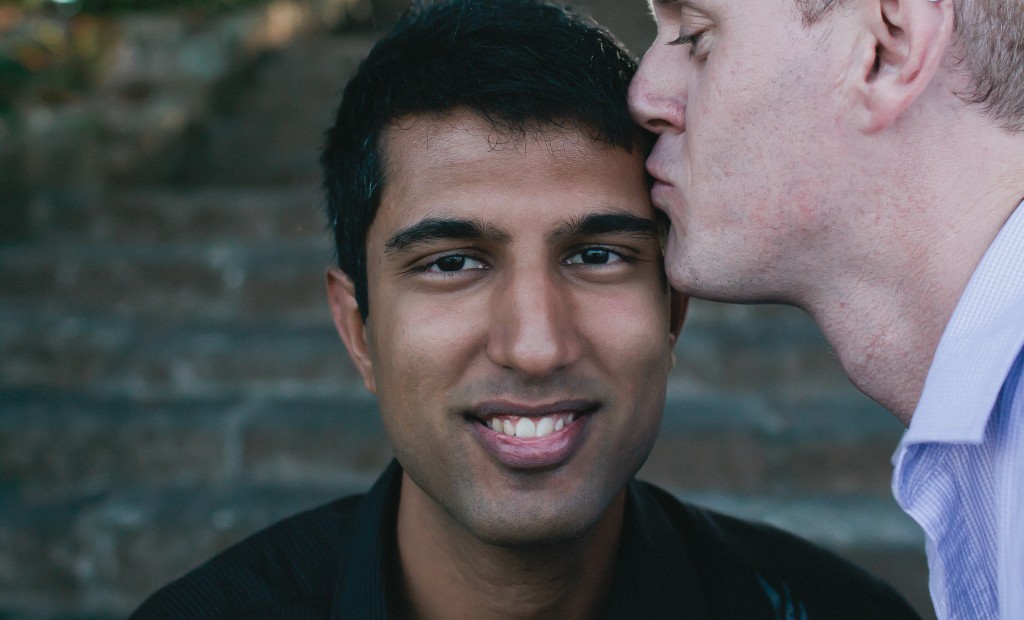
Poster boys controversy
CONTROVERSY shrouded Brisbane City Council in February after its decision to partially ban one of the promotional posters for the 2014 Brisbane Queer Film Festival.
The poster in question was a recreation of the famous beach scene from 1953 film From Here to Eternity featuring two men.
It was deemed “too confronting” by the Brisbane Lifestyle Committee chairperson, and the backlash from the LGBTI community was immense.
Many argued similar adverts featuring heterosexual couples to highlighted a perceived double standard, and the Advertising Standards Bureau also rejected council’s submission for the poster to be reviewed.

Rainbow bridge a national first
BRISBANE became the first Australian city to light its main bridge in rainbow colours to commemorate International Day Against Homophobia and Transphobia on May 17.
Story Bridge was lit in pride colours as a show of support for IDAHOT from Brisbane City Council. The event followed weeks of debate after council’s decision to not fly the rainbow flag from City Hall on IDAHOT.
In another Australian first, council later declared that Story Bridge would be adorned in rainbow colours to mark IDAHOT every year for the foreseeable future.

Coffee king’s fall
“COFFEE king” Phillip Di Bella received a social media lesson following the backlash from an NRL State of Origin tirade that used homophobic language.
During June’s second Origin match, Di Bella took to social media to unleash his frustration towards players, umpires and commentators, calling them “c***suckers” and saying “[commentators] must give it to each other so hard in the sheds”
The owner of the Di Bella coffee company quickly apologised for his outburst, saying his remarks were said in the heat of the moment and that he never meant to offend the LGBTI community.
Di Bella was the recipient of Telstra’s 2014 Queensland Business of the Year award, but this was stripped off him after the telco decided his behaviour did not reflect its inclusiveness principles.
A few weeks after, Di Bella made further amends by becoming a Brisbane Pride sponsor.
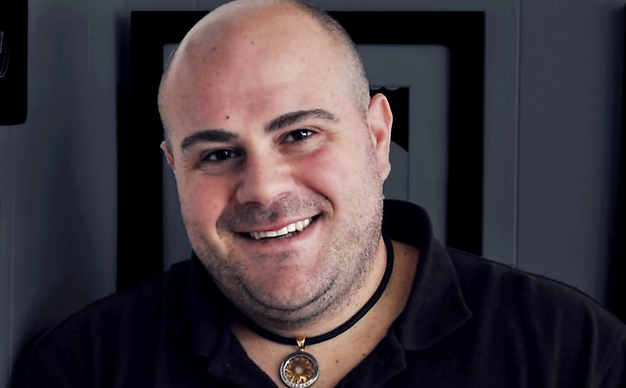
The infamous front page
THE Courier Mail’s news coverage of the death of Brisbane woman Mayang Prasetyo received intense national condemnation. The death of Prasetyo, a young Indonesian trans woman who was the victim of brutal domestic violence, was splashed on the paper’s front page under the headline “Monster Chef and the She Male”, along with further coverage inside that referred to her as a “ladyboy”.
Trans* advocates accused the Courier Mail of transphobia and having a “complete absence of respect” for Prasetyo, who was also a sex worker. The overwhelming majority of social media criticism also accused the paper of reaching a new low in journalism.
Following days of silence, the paper initially issued a statement addressing their coverage, but advocates rejected it as not an actual apology. Nonetheless, a formal apology was eventually published.
Shorten shortens ACL
OPPOSITION Leader Bill Shorten being a keynote speaker at October’s Australian Christian Lobby (ACL) conference in Canberra drew widespread criticism from both the LGBTI and mainstream communities.
Shorten was accused of “validating” the ACL and their anti-marriage equality agenda by attending the conference, but he used the address to highlight his support for LGBTI equality.
“Condemning anyone, discriminating against anyone, vilifying anyone is a violation of the values that we all share,” Shorten told the conference. He also rejected religion being used to discriminate against sexuality and that as a Christian, he believed in same-sex marriage.
The venue for the conference, Canberra’s Park Hyatt hotel was also the recipient of anti-ACL protests and boycott threats. However, just before the conference, Hyatt management announced an official working relationship with Australian Marriage Equality in an effort to show solidarity with LGBTI people.

An operatic saga
OPERA Australia came under this year for its initial decision to stand by controversial Georgian soprano Tamar Iveri, who grabbed international media attention when homophobic remarks of hers came to light.
A Facebook post made on Iveri’s profile page after a pride parade in the Georgian capital of Tblisi called LGBTI people “fecal masses” and encouraged violence against them.
After accepting her initial apology, Opera Australia said that Iveri would continue to play one of the title roles in their production of Otello.
LGBTI advocate Simon Hunt, better known as Pauline Pantsdown, urged Opera Australia sponsors to withdraw its funding and launched a social media campaign that attracted thousands of supporters.
The opera company eventually relented to public pressure and decided to tear up Iveri’s contract in June, stating: “Opera Australia believes the views as stated to be unconscionable.” Iveri was also later released from another contract for a Melbourne production of Tosca.

LGBTI issues in Victorian election
THIS year’s Victorian state election saw an unprecedented focus on LGBTI issues. The battle for key inner-city seats like Prahran, Albert Park, Melbourne and Richmond had politicians from all parties giving more attention to the “pink vote” than ever before in a major Australian election.
Labor and the Coalition both delivered a steady trickle of LGBTI-focused election commitments over the course of the year, but Labor’s wide-ranging promises — like installing a new Gender and Sexuality Commissioner and a whole-of-government review to identify and remove discrimination — may have helped get it across the line.
On the day of being sworn in, Premier Daniel Andrews appointed cabinet MP Martin Foley to the Ministry of Equality, the first-ever portfolio in Australia focused on LGBTI issues.
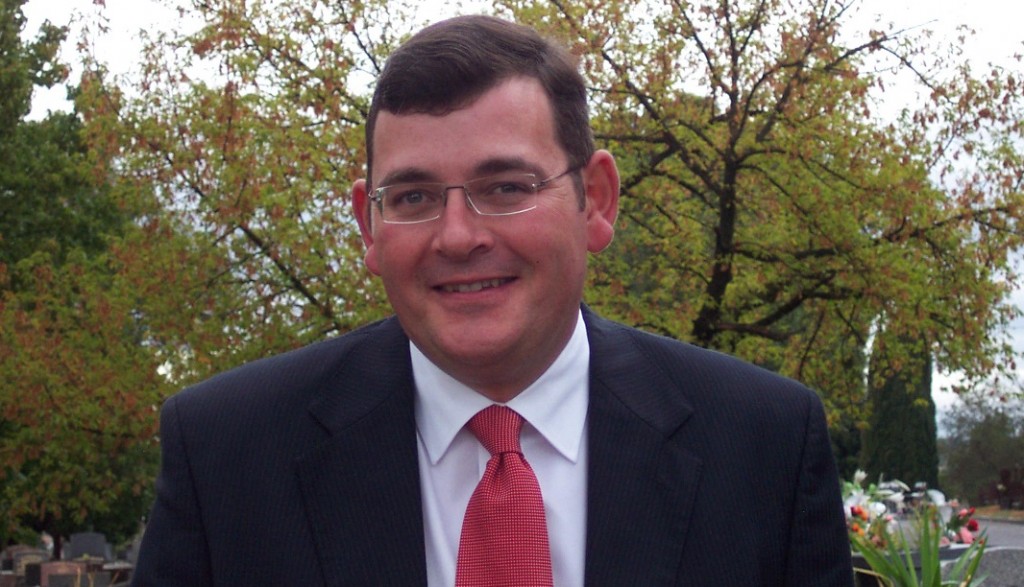
Tasty raid apology
2014 marked the 20-year anniversary of Australia’s most infamous incident of police violence against the LGBTI community — the Tasty nightclub raid.
In 1994, Victoria Police subjected 463 patrons of Melbourne’s gay nightclub Tasty to invasive and public strip searches and cavity searches. As the victims of the raid planned events commemorating its anniversary, some were concerned Victoria Police would not participate or even acknowledge the occasion.
However, the force issued a formal apology for the raid at an intimate community gathering. Acting Chief Commissioner Lucinda Nolan also gave the apology to a group including a number of victims, and acknowledged the damage the raid did to the relationship between the LGBTI community and Victoria Police.
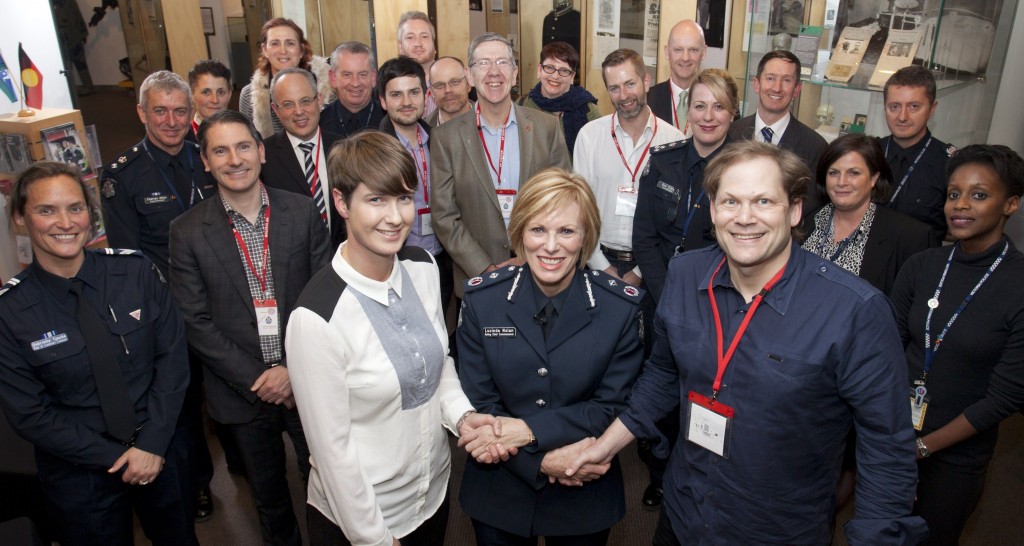
World Congress of Families
WHAT started as low-level buzz around the attendance of key government ministers at an extremist Christian conference grew to a roar by the time the World Congress of Families came to Melbourne.
Increased media scrutiny of the participants’ anti-gay and anti-women views built pressure on Liberal Party politicians, including federal cabinet ministers Kevin Andrews and Eric Abetz and then-Victorian Attorney-General Robert Clark, not to attend.
After a grassroots campaign against the WCF led by Simon Hunt — aka Pauline Pantsdown — forced numerous venue changes for the event, it took a relocation to the headquarters of Rise Up Australia, an extremist anti-multicultural political party, for the politicians to re-think their attendance.
The conference went ahead with the expected circus of protesters, media, police and conference delegates themselves, but the event’s LGBTI opposition took it as a victory that eccentric, notoriously homophobic NSW upper house MP Fred Nile was the only politician in attendance.
AIDS 2014
IN July, Melbourne played host to the 20th International AIDS Conference, better known as AIDS 2014. It saw thousands of delegates including scientists, activists and world leaders come together for one of the biggest conferences in Australian history.
The beginning of the week-long event was marred by the tragedy of Malaysia Airlines Flight 17, which was shot down over Ukraine just days before the conference began. Six AIDS 2014 delegates, including former International AIDS Society president Joep Lange, were among the hundreds killed.
Despite beginning on a sombre note, the conference was an extraordinary global event, with a serious focus on the prospect of finding a cure for HIV.
The intersection of scientific research and community-level responses to the epidemic also received a lot of attention, with key affected populations like sex workers, injecting drug users and men who have sex with men firmly on the agenda.
Prime Minister Tony Abbott was a no-show in the wake of the MH17 tragedy, but local advocates still used the conference to drive Australia’s HIV agenda and highlight its world-class research and impressive HIV advocacy.
Australian health ministers also used the conference to sign up to the AIDS 2014 Legacy Statement committing to ending new HIV transmissions in the country by 2020, while in Victoria, activists secured commitments from the major political parties to amend or repeal section 19A of the states Crimes Act, which stigmatises people living with HIV.
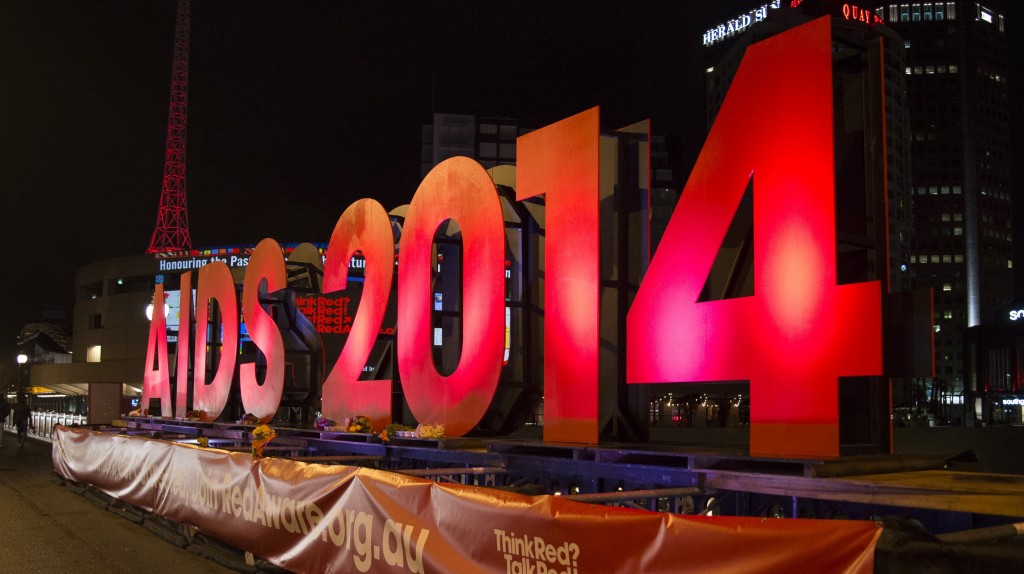
Let’s talk about PrEP
WHILE the future of pre-exposure prophylaxis (PrEP) for HIV in Australia remains in doubt, 2014 marked the start of serious discussion about PrEP’s potential to transform the gay community, for better or for worse.
Sparked by major clinical trials of the drug regimen in NSW and Victoria, gay men have been increasingly looking to the US, where PrEP is widely available, for insight.
Anxiety in some sections of the community about the impact PrEP might have on gay men’s risk-taking behaviour and capacity to use the drug effectively has been fuelled by ongoing public controversy across the Pacific, but clinical research has continued to support PrEP’s effectiveness.
Notably, a recent clinical trial by French AIDS organisation IPERGAY provided further evidence that PrEP could be highly effective even when taken intermittently, or on-demand.
Norrie’s High Court victory
IN April, a Sydney activist named Norrie won a landmark High Court case against the NSW Registry of Births, Deaths and Marriages for the right to be legally recognised as “gender non-specific”.
The Registry had originally granted Norrie the designation in 2010, but later reversed its decision, taking Norrie to the High Court at significant taxpayer expense when Norrie won an appeal against their reversal.
The case was complex, and attracted criticism from intersex advocates in particular, who were concerned the use of the term “intersex” to describe Norrie’s identity at times during the case could lead to intersex people being involuntarily assigned to a new, third gender category.
Norrie’s case has been noted as a significant victory for the recognition of gender-diverse people worldwide.
#weareALLclean
EVEN mainstream media began to take notice when images of naked men showering accompanied by the hashtag #weareALLclean began flooding social media.
Originated by New York-based HIV activist Jack Mackenroth, the campaign aimed to combat HIV stigma by attacking the common practice of asking if a person is “clean” — meaning HIV-negative — on gay hookup apps.
The campaign quickly spread to Australia and within days, dozens of Aussies had put naked “shower selfies” on social media to show their support, with participants ideally contributing financially as well as visually.
Councils vote for marriage equality
FEDERAL reform on marriage equality continued to stumble in 2014, as it seemed less and less likely the Coalition government would be granting its MPs a conscience vote on the issue any time soon, or that the Labor opposition would ditch the conscience vote and enact its full support as party policy.
Just when it seemed like any political will for reform on the issue had ground to a halt, local councils across Victoria began throwing their support behind marriage equality with official endorsements for federal reform.
This was exacerbated after the City of Casey in south-east Melbourne voted down a motion by a conservative councillor to cease promoting anything LGBTI-related, which came about after uproar from both LGBTI and mainstream communities.
The icey debate
WHEN Melbourne gay club Poof Doof launched a “zero tolerance” campaign against ice and GHB use in the venue, the ensuing debate polarised the LGBTI community.
Poof Doof promised lifetime bans for anyone caught with the drugs, and stated that it was in response to a parliamentary report into ice use across Victoria which highlighted problems with the drug in the LGBTI community.
A spokesperson from the club said they had not had specific problems with ice or GHB, but organisers were aware of community concerns.
The heated debate saw LGBTI community members across the country argue the merits of the ban, while others said this further stigmatised people who use ice regularly for various reasons.
Tackling sport’s homophobes
AUSTRALIA’S five major sporting codes became committed to eliminating homophobia in their sports after they signed a landmark agreement.
The chief executives of AFL, NRL, Australian Rugby Union (ARU), Football Federation Australia (FFA) and Cricket Australia all signed the Anti-Homophobia and Inclusion Framework in April, and they were given until the end of August to implement LGBTI-friendly policies.
However, at the time of print, only AFL, ARU and NRL had officially updated their policies in line with the framework.
Soccer and cricket had their deadlines extended until its one year-anniversary in April 2015, although FFA stated it had begun rolling out an LGBTI inclusion program for soccer staff, players and clubs.
The national governing bodies for basketball, netball and swimming have not yet signed on to the framework, which was an initiative from the Bingham Cup Sydney committee.

National anti-bullying initiative
THE fight to make schoolyard bullying a thing of the past came one step closer to being achieved this year with the launch of the National Safe Schools Coalition in June.
The initiative pioneered in Victoria was first expanded to NSW and South Australia. In NSW alone, it is believed to be the biggest investment in an anti-homophobia and anti-transphobia program for schools.
Building on the work of the successful Safe Schools Coalition Victoria, schools who sign on to the initiative receive training, resources and advice to help create a school environment free from homophobic and transphobic bullying.
The initiative is coordinated by the Foundation for Young Australians, and has also received federal support.
Historic intersex Senate inquiry
A REPORT into intersex health, sterilisation and rights and its recommendations that was discussed in the Senate in March became the first of its kind to be discussed in Federal Parliament.
In the course of 30 minutes, senators from all major political parties spoke about intersex health issues in what is the first-ever parliamentary inquiry into intersex health and rights.
The event followed the Involuntary or Coerced Sterilisation of Intersex People in Australia report being published in October 2014.
Organisation Intersex International (OII) Australia representatives welcomed the occasion, which placed an historic spotlight on issues of intersex stigma, respect and ignorance, as well as put forward several recommendations for reform.
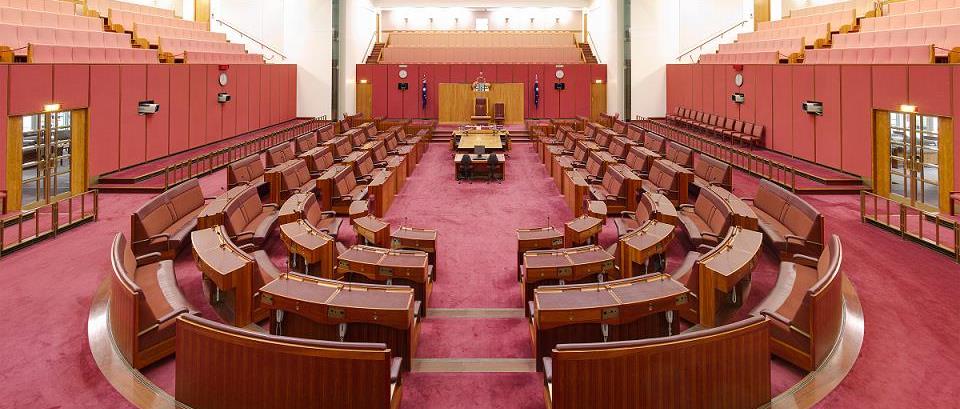
Africa in headlines for wrong reasons
AN anti-gay bill in Uganda introduced late last year that would have seen homosexual acts receive life imprisonment was overturned in August, after months of global condemnation from organisations such as Amnesty International and Human Rights Watch.
The law was struck down after the country’s Constitutional Court found that the government had not followed proper protocol in passing the law. Uganda’s first LGBTI pride was held just a week after the removal of the law.
Meanwhile, Nigeria strengthened its anti-gay laws to 14 years imprisonment for same-sex public displays of affection, marriage or association with LGBTI organisations, and Gambia was heavily criticised for quietly passing anti-gay laws with similar sentences. A anti-gay bill was also before parliament in Chad at the time of print.
Winter Olympics overshadowed
GLOBAL attention may have been focused squarely on Sochi, Russia at one point this year for the 2014 Winter Olympics, but a lot of it was due to the country’s so-called “gay propaganda” laws.
Worldwide calls for boycotts and protests were intense in the lead up to February’s games, thanks to Russian laws enacted in 2013 that prohibited LGBTI promotion of any kind, subsequently leading to increased homophobic-fueled violence.
No athlete publicly protested during the games, but openly-gay Australian snowboarder Belle Brockhoff revealed she went on a covert pride stickering campaign around Sochi.
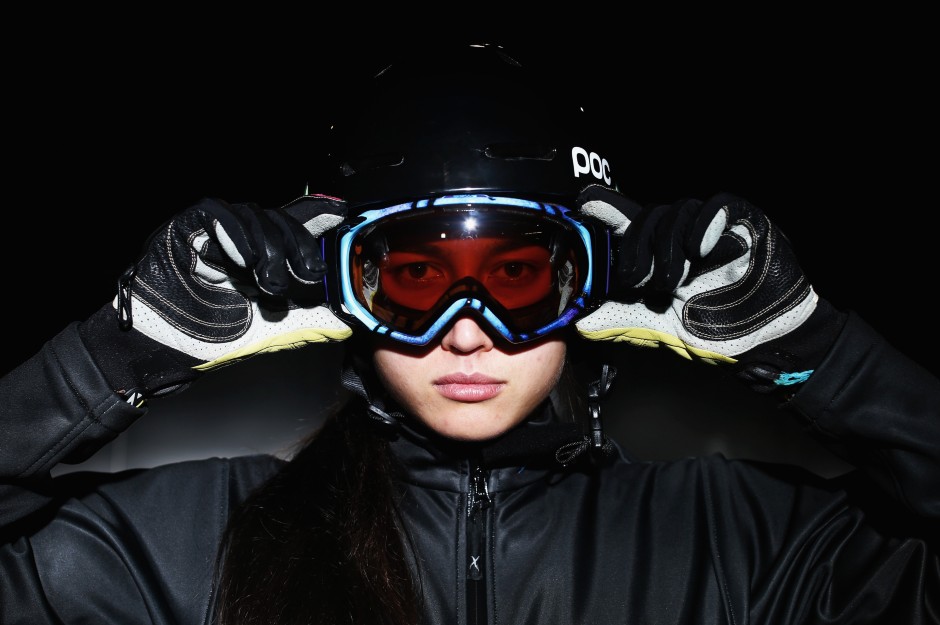
Step forward, two steps back for neighbours
THE south-east Asian nation of Brunei became a global pariah when it introduced laws that would see people convicted of same-sex activity stoned to death.
International condemnation came in hard on the oil-rich nation, with the UN urging Brunei to meet “international human rights standards”.
Protests and celebrity-led boycotts, including the Brunei royal family-owned Beverly Hills Hotel in California, were also organised in May and supported by Ellen DeGeneres, Jay Leno, Stephen Fry and Richard Branson.
The Indonesian province of Aceh also came under criticism for enacting laws punishing homosexual acts with 100 lashes or 100 months in prison.
Meanwhile, the Pacific nation of Palau, near The Philippines, was applauded for decriminalising homosexuality.
Celebrities come out
2014 was a year of many celebrities coming out, but none grabbed Australia’s attention as much as Ian Thorpe.
After years of speculation, Thorpe publicly came out as gay during an interview that was aired on primetime national TV in July.
While the coming out of Australia’s most successful Olympian sparked heated debate on why he did not do it sooner, he was also met with overwhelming support.
Other big names who came out this year include Academy Award nominee Ellen Page, Game of Thrones star Kristian Nairn, Apple chief executive Tim Cook and British singer Sam Smith.
Finally, shortly after coming out, Michael Sam became the first openly-gay player to be drafted into a top-grade NFL squad.
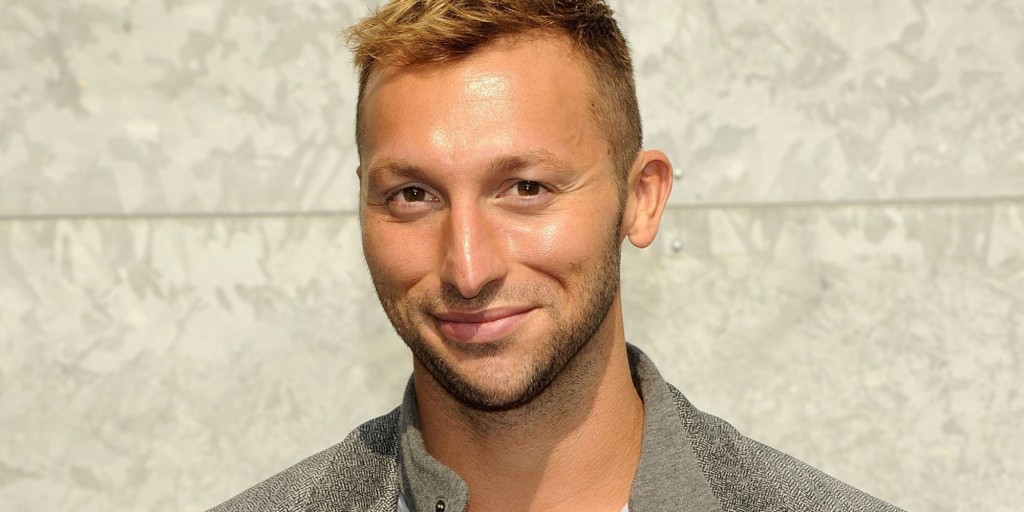
$177,000 for Sydney Gay and Lesbian Mardi Gras
IN June, Sydney Gay and Lesbian Mardi Gras announced a $177,152 loss on the 2014 season following the first profit in three years (a near $46,000) in 2013.
Mardi Gras had previously spent three consecutive years in the red with a loss of $576,000 in 2010.
At the end of the 2013/14 financial year, the organisation’s reserves stood at around $440,000 compared to more than $900,000 three years ago. The biggest shortfall came in ticket sales which were overestimated by more than half a million dollars.
The budget for 2014’s Party was at least $100,000 more than 2013’s Party, yet around 1600 less tickets were sold.
A few months later, Mardi Gras chief executive Michael Rolik announced he would be stepping down and the search for a new CEO went underway. In October, Mardi Gras launched a new social media marketing strategy to lure international visitors to the 2015 season.
Meanwhile, Melbourne’s Midsumma festival announced a profit after its 2014 season, but its festival director Monique Thorpe suddenly resigned in September.
Thorpe ran two Midsumma festivals, overseeing the overall growth of the event, its high-profile return to Alexandra Gardens, the incorporation of Pride March Victoria into the organisation and the launch of the Midwinta festival.
Tennille Mosiel took over the role of acting festival director, stepping down from her position serving on the Midsumma board.

The Star Observer thanks you for reading and supporting us throughout 2014.
**This article was first published in the January edition of the Star Observer, which is available to read in digital flip-book format. To obtain a hard copy, click here to find out where you can grab one in Melbourne, Sydney, Brisbane, Adelaide, Canberra and select regional/coastal areas.
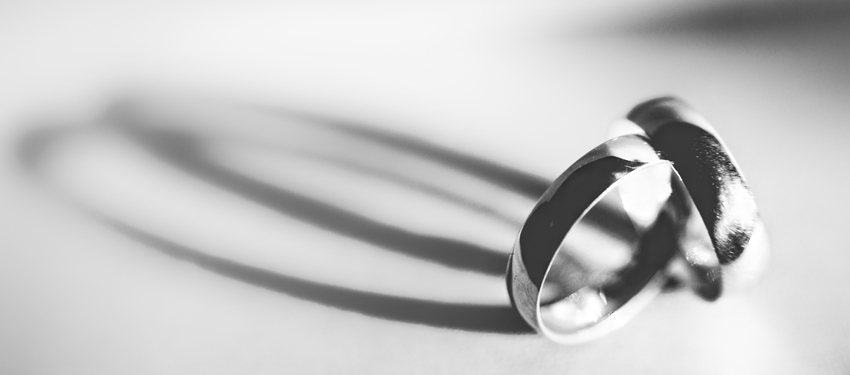
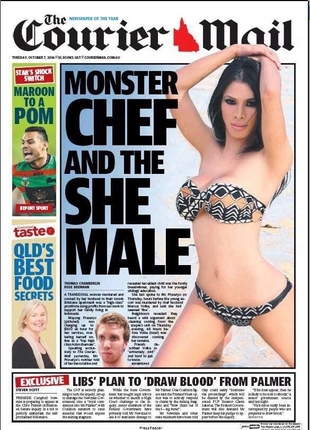

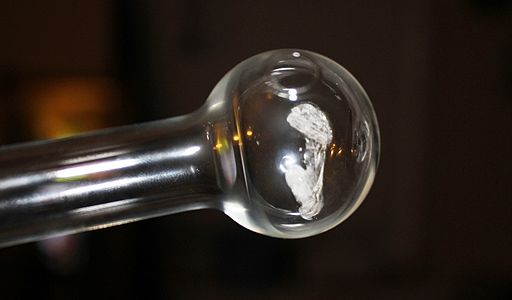
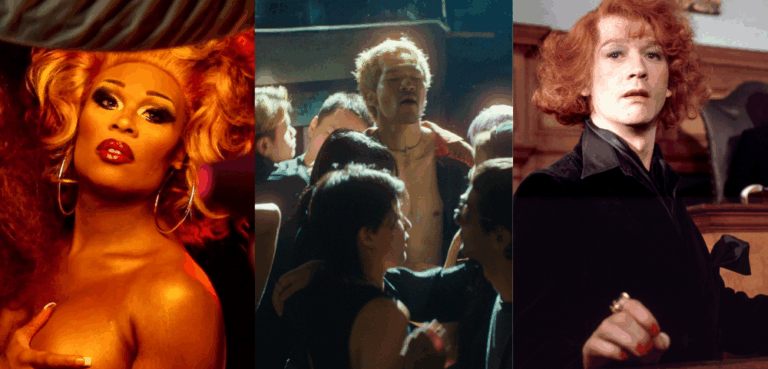
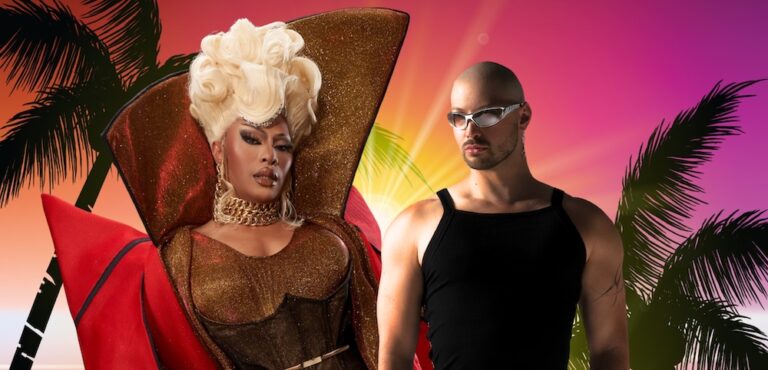
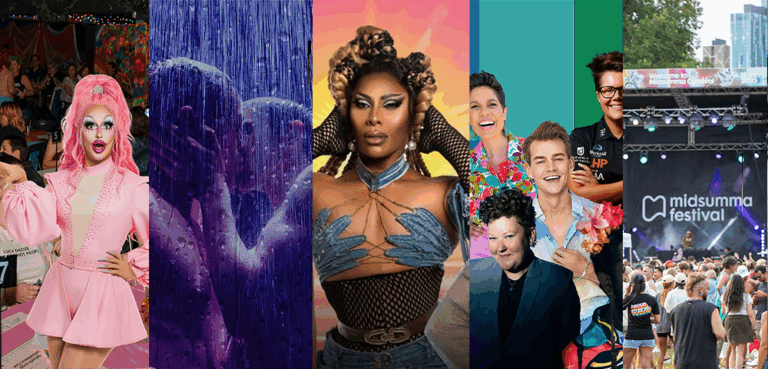
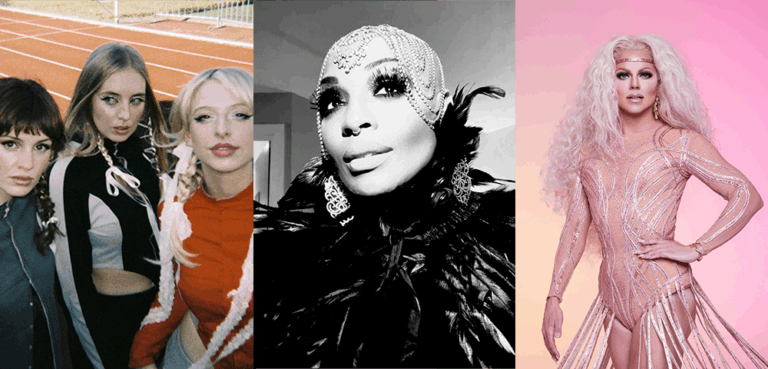
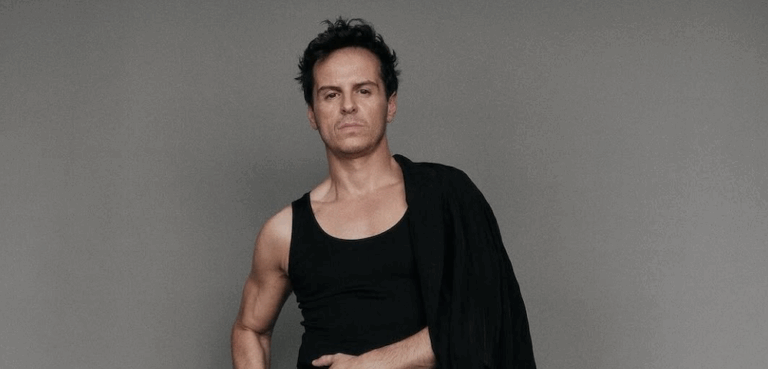
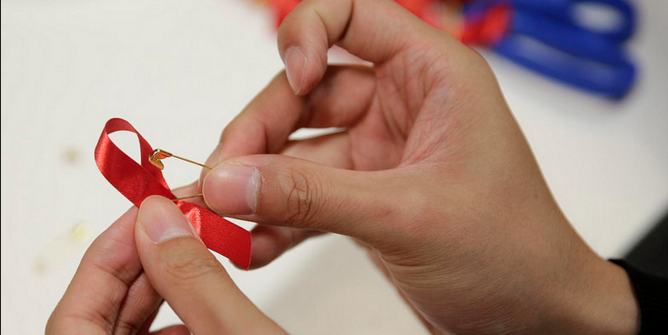
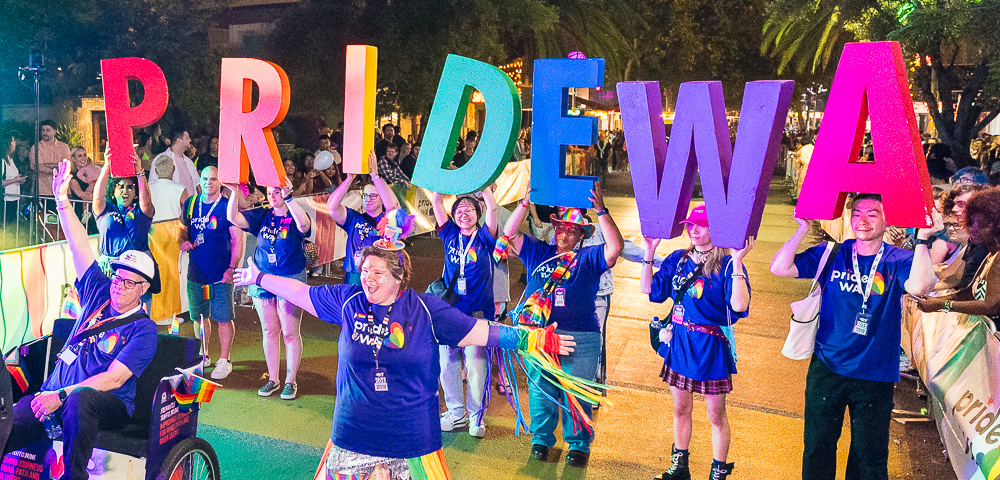
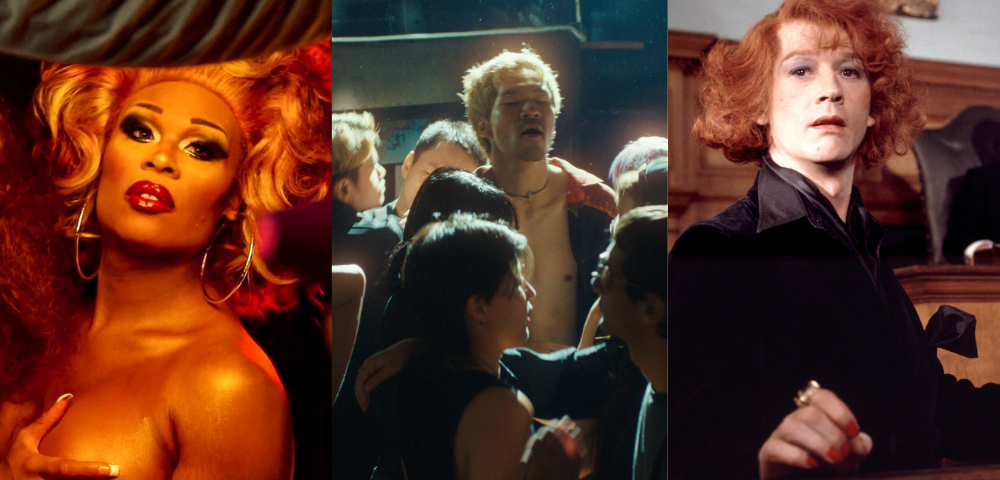
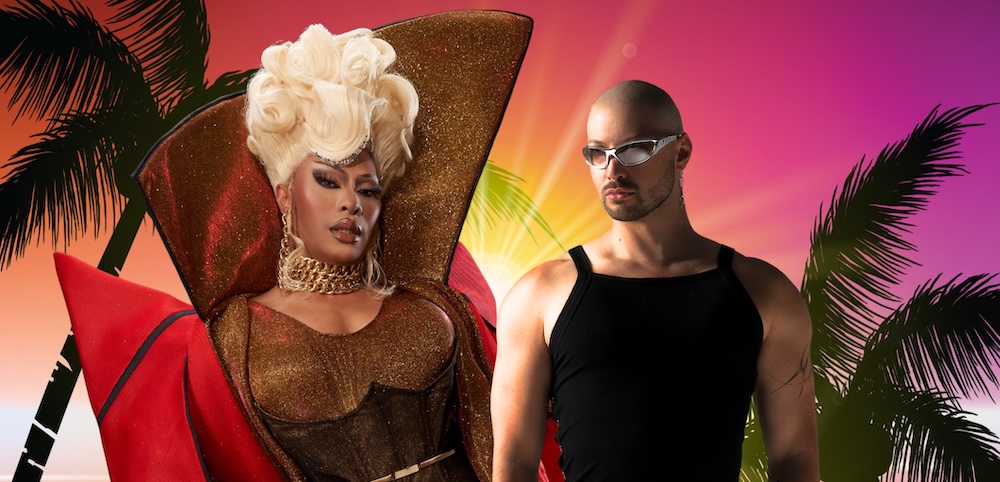
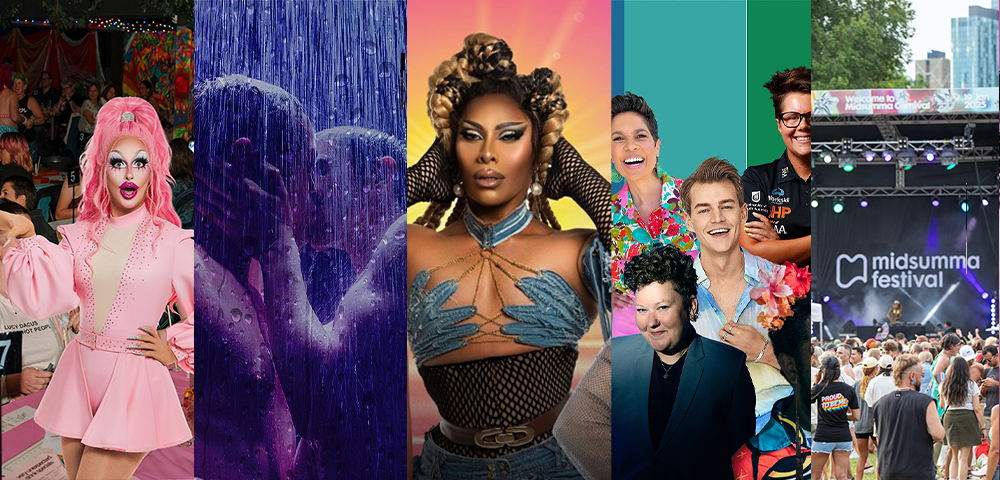
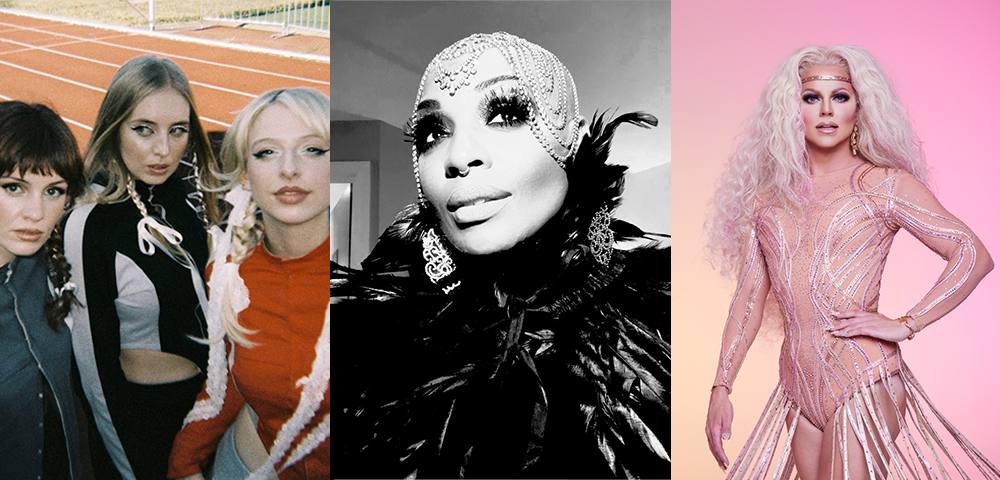
Don’t forget 2014, the year #AFL (Europe) took and then dropped Royal Brunei Air sponsorship money.
#Sharia and homophobic overtones quickly removed once many spoke against them.
It’s a shame that 3aw radio still accept the money to sponsor ‘sports news’ segments and fly ‘c grade’ slebs overseas.
And … Mia Freedman criticised for comparing gay people to pedophiles on Channel Ten’s The Project.